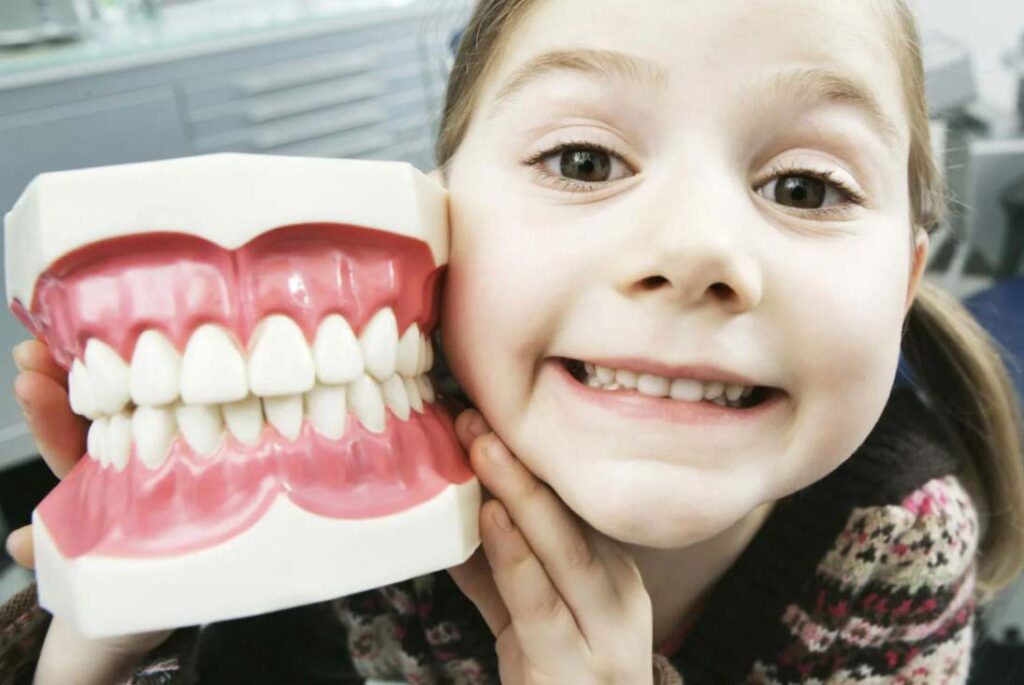Braces are an investment in your future smile and overall dental health, working to slowly straighten your teeth and align your bite. But braces can make it tricky to brush and floss effectively, which can lead to a build-up of plaque that can cause puffy and inflamed gums.
So, what can you do to prevent your gums from going puffy? Well, we’ve got all the answers you need to help manage swollen gums during your orthodontic treatment. If you brush very thoroughly, your gums will stay in a healthy condition during orthodontic treatment.
Do swollen gums go away after braces?
In most cases, yes. It’s very common for your gums to be puffy and sore immediately after having your braces removed. This is because it is more challenging to keep your teeth super clean with braces on your teeth and near your gums.
Your inflamed gums do settle down and return to normal within a couple of weeks. But it can be an even quicker solution if you see your general dentist for a check-up and professional clean soon after your braces are removed – something that we highly recommend.
The main reason why braces cause gums to swell is that they can make it difficult to maintain good oral hygiene. This means it can be hard for your toothbrush and floss to remove plaque and food particles from the tiny crevices in and around your gum tissue. The plaque build-up can trigger your body’s inflammatory response, which leads to gum inflammation (also called gingivitis) and if left unchecked, it can cause periodontitis (a more serious gum disease).

How to avoid swollen gums from braces
Swollen gums getting you down? Here are some simple steps to help prevent or treat puffy gums with braces:
- Brush three times a day with a soft-bristled or electric toothbrush.
- Clean between your teeth at least once a day with floss or a small interdental brush.
- Book in for regular professional teeth cleaning with your general dentist. More regular cleaning, such as every 3 to 6 months, might be highly beneficial.
Is it normal for gums to grow close to your braces?
It’s not normal for your gums to grow close to your braces, but it can happen in rare cases. Sometimes, if braces cause a significant amount of bacteria build-up, swelling and irritation around the gum line, it can cause the gums to partially overgrow the teeth. This condition is known as gingival enlargement or gingival hyperplasia.
The best way to treat gingival hyperplasia is through excellent oral hygiene. So maintaining your brushing and flossing routine can go a long way. In many cases, this condition will resolve of its own accord after having your braces removed. If it doesn’t, you may need minor surgery to remove the overgrown gum tissue, but this is extremely rare.
As always, it’s best to consult your specialist orthodontist if you’re concerned about gum problems with braces. Don’t have a specialist orthodontist and want to learn more? Then you can use our Finder Tool to search for a specialist orthodontist in your local area.










